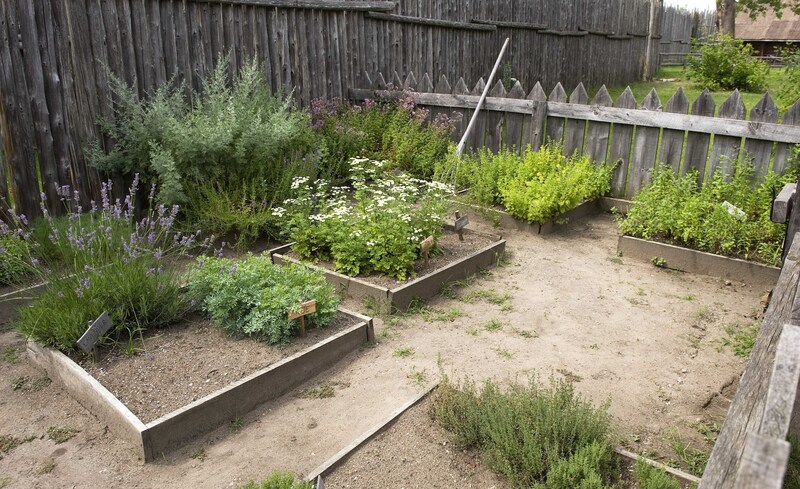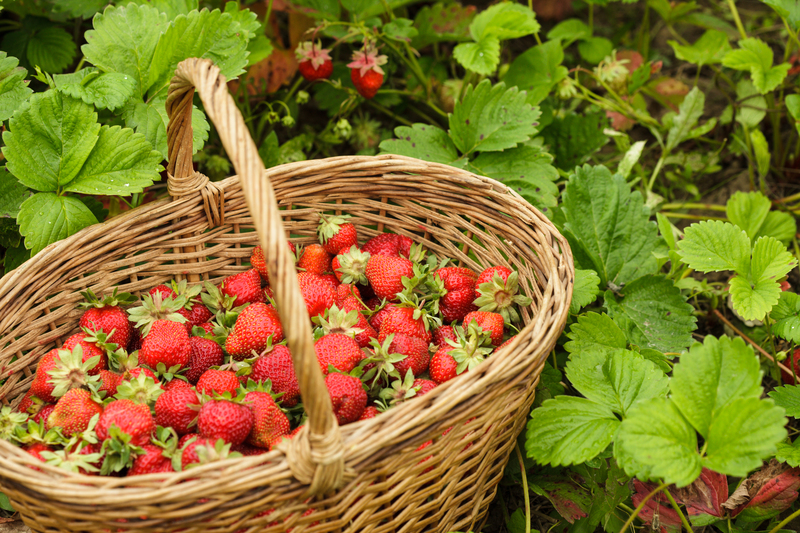Preventing Slug Infestations
Posted on 15/12/2024
Ensuring a healthy garden free from slug infestations can be a daunting task for many gardeners. Slugs, those slimy pests, can wreak havoc on your greenery, causing severe damage in a short period. Knowing how to prevent slug infestations is crucial for maintaining a flourishing garden. This article aims to provide comprehensive information and practical tips to help you safeguard your plants against these unwanted guests.
Understanding Slug Behavior
Before diving into prevention methods, it's essential to understand slug behavior. Slugs thrive in moist, damp environments and are most active during the night or on rainy days. They feed on various plants, fruits, and vegetables, often chewing irregular holes in leaves and leaving a slimy trail. Recognizing these signs early on can help you take action before an infestation becomes severe.

Natural Predators: A Balanced Ecosystem
One effective way to control slug populations is by encouraging their natural predators. Birds, frogs, toads, and certain beetles feed on slugs and can help keep their numbers in check. Consider creating a garden environment that attracts these predators, such as installing bird feeders or providing shelter for amphibians.
Barriers and Traps
Barriers and traps are physical means to prevent slugs from reaching your plants. Copper tape around pots and garden beds can deter slugs because they dislike the reaction between copper and their slime. Beer traps are another popular method - slugs are attracted to the yeast in beer, so placing beer-filled containers at ground level can lure and drown them.
Organic and Chemical Slug Baits
Organic baits, like those containing iron phosphate, are effective and safe for pets and wildlife. Spread these baits around the garden to reduce slug populations. Chemical baits are also available but should be used cautiously to avoid harming non-target species and potentially polluting the environment.
Mulching and Ground Cover
While mulching helps retain soil moisture and prevent weeds, it can also create a conducive environment for slugs. Use mulches like straw or pine needles, which dry out quickly, making them less attractive to slugs. Regularly check under mulch layers for slug activity and remove any you find.
Plant Selection and Garden Design
Some plants are less appealing to slugs, such as ferns, hydrangeas, and lavender. Incorporate these plants in your garden to deter slugs naturally. Planting in raised beds can also help reduce slug access, as they are less likely to venture far from the ground.

Proper Watering Techniques
Since slugs thrive in moist environments, it's crucial to water your garden wisely. Water early in the day to allow the soil surface to dry before nightfall, making it less attractive to slugs. Avoid over-watering and consider drip irrigation systems to target plant roots directly.
Regular Garden Maintenance
Maintaining a tidy garden can significantly reduce slug habitats. Remove debris, dead leaves, and excessive mulch, as these provide shelter for slugs. Regularly inspect your garden for signs of slugs and take immediate action to control their population.
Pros and Cons
Pros of Natural Prevention Methods
- Eco-friendly and safe for pets and wildlife.
- Encourages a balanced ecosystem with natural predators.
- Reduces reliance on chemical pesticides.
Cons of Natural Prevention Methods
- May require more time and effort to implement and monitor.
- Effectiveness can vary depending on environmental conditions.
Pros of Using Chemical Baits
- Can provide quick results in reducing slug populations.
- Widely available and easy to apply.
Cons of Using Chemical Baits
- Potential risks to non-target species and environmental pollution.
- Can be harmful to pets and children if not used correctly.
Tips for Preventing Slug Infestations
1. Create a Barrier: Use copper tape or crushed eggshells around plants to deter slugs.
2. Encourage Predators: Attract birds and amphibians to your garden.
3. Use Organic Baits: Opt for iron phosphate-based baits to protect pets and wildlife.
4. Water Wisely: Water in the morning to reduce moisture at night.
5. Maintain Garden Cleanliness: Keep your garden free of debris and dead leaves.
6. Check Regularly: Inspect your garden frequently to spot and address slug activity early.
Takeaways
Preventing slug infestations requires a combination of strategies tailored to your garden's specific needs. By understanding slug behavior, encouraging natural predators, and employing both organic and chemical methods judiciously, you can maintain a healthy, thriving garden. Regular maintenance, proper plant selection, and smart watering techniques play crucial roles in deterring these slimy pests.
Conclusion
In conclusion, slug infestations can be effectively managed with a comprehensive approach that combines natural prevention methods, physical barriers, and careful use of chemical baits. By fostering a balanced ecosystem, keeping your garden clean, and implementing smart gardening practices, you can enjoy a lush, thriving garden free from the damage caused by slugs. Remember, the key to success lies in vigilance and consistent effort.
Latest Posts
Must-Try Planting Concepts for a Beautiful Autumn Garden
DIY Guide to Perfectly Sharpening Garden Shears at Home
Essential Techniques for Maintaining Clean and Lush Artificial Grass
Transform Your Space With Meaningful Zen Garden Plant Choices




